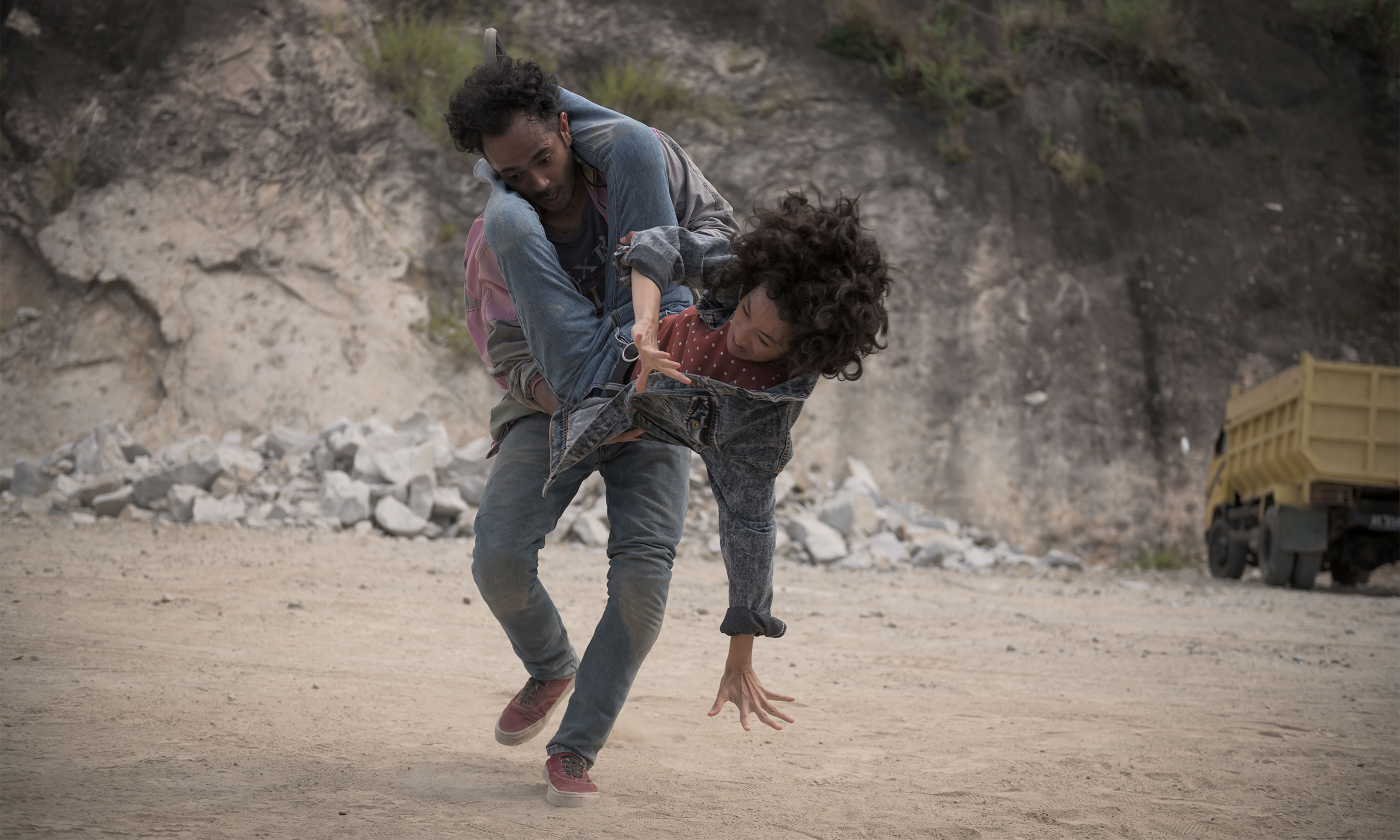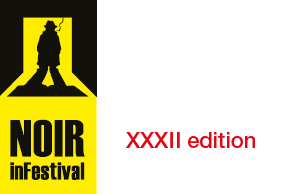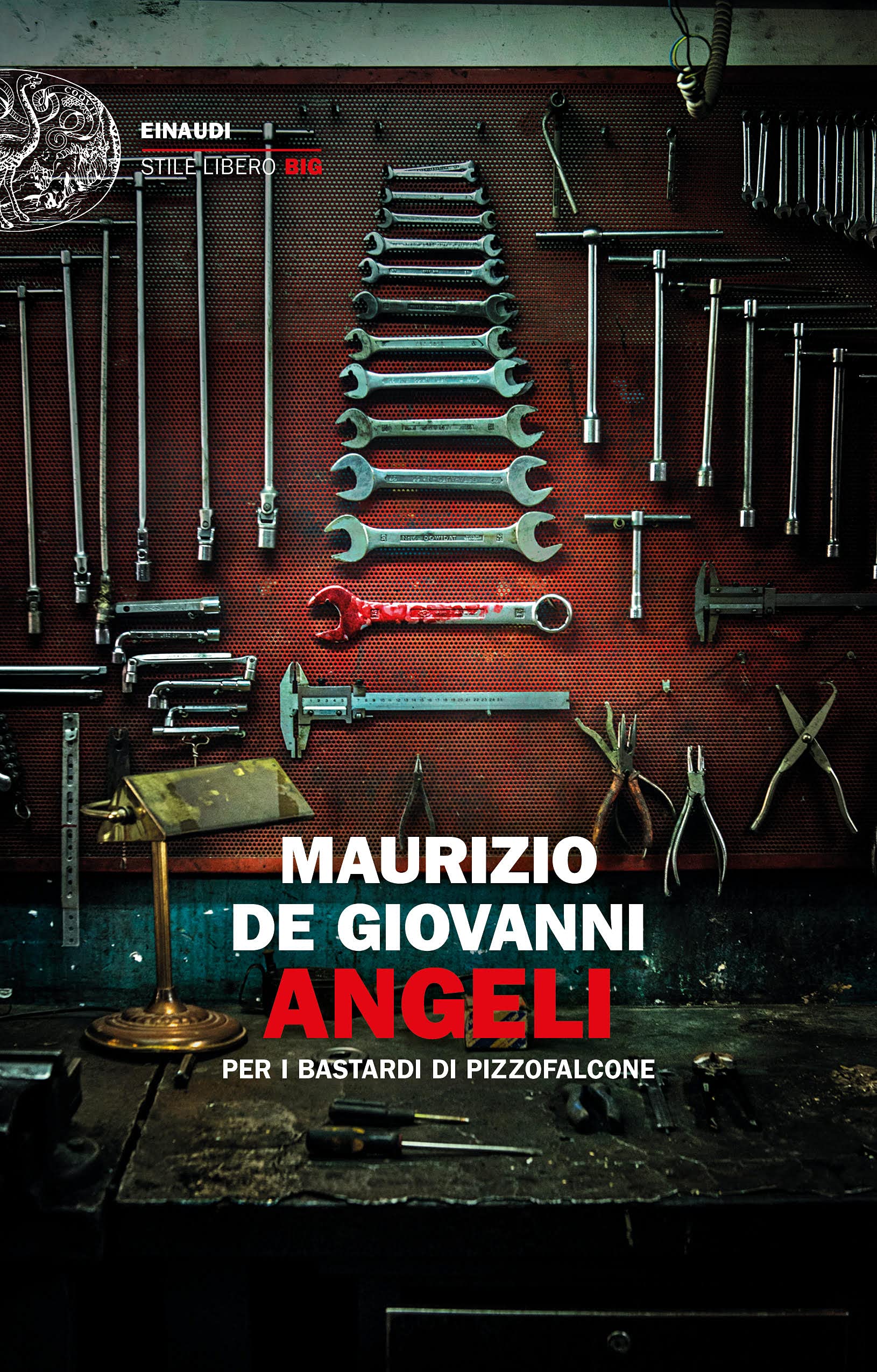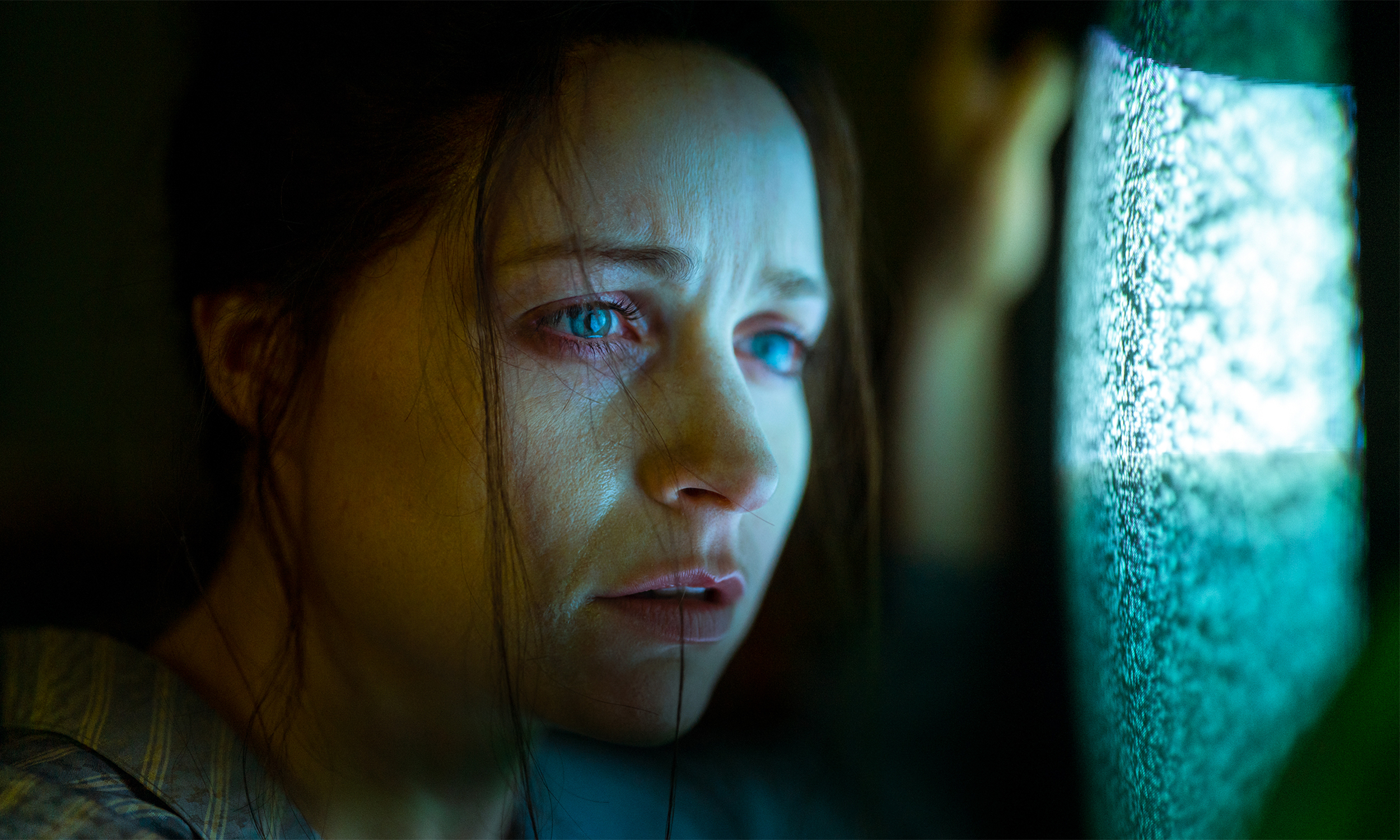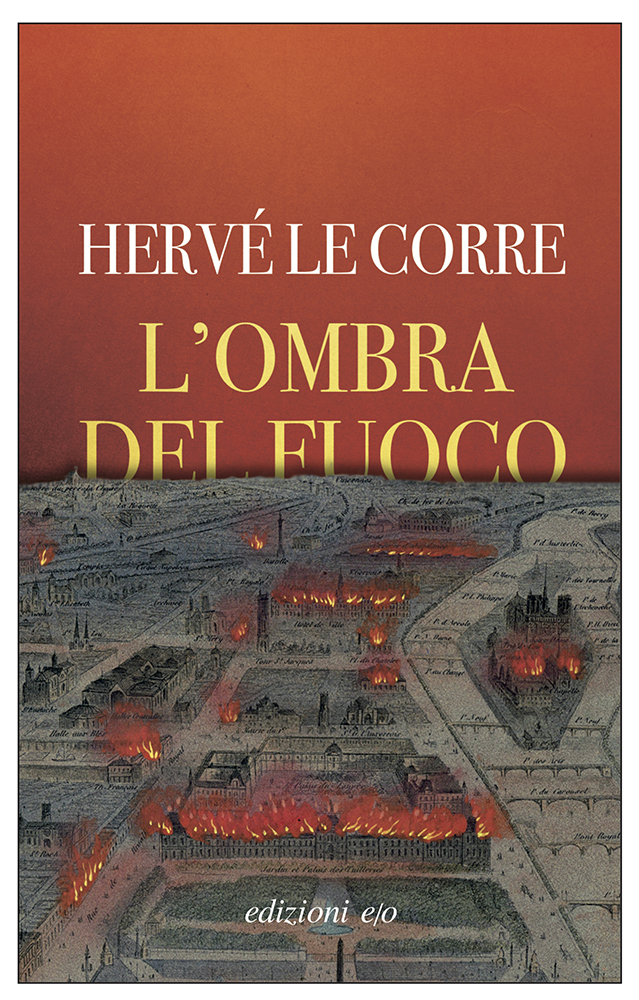COMPETITION
OUT OF COMPETITION AND SPECIAL EVENTS
LUCIO FULCI
ANGELI. PER I BASTARDI DI PIZZOFALCONE
Maurizio de Giovanni
Nando Iaccarino had the magic touch when it came to cars: he could fix any engine. He had all those connoisseurs of automobiles and antique cars lining up outside his garage, which was as neat and clean as a hospital room; vehicles that anyone else would have thrown out, he could fix, every time. Knew how to take care of things, Iaccarino did. Now that he’s been killed, it’s up to the Bastards of Pizzofalcone to figure out who did it, even if each of them is going through a hard time, struggling with his own fears, sorrows, and secrets. Even though the bigwigs at the police headquarters, who can’t bear the thought of them, still hope to see them go down for the count. Happens even to the angels.
In 2007 Maurizio de Giovanni burst on the Italian literary scene, after winning a prize for his novel set in Naples in the 1930s, featuring Inspector Luigi Alfredo Ricciardi. The novel was Il senso del dolore, published by Fandango and reprinted by Einaudi in 2012 (like the entire series). So began, in fact, a wildly popular series now on its twelfth installment, with Il pianto dell’alba. Also in 2012, De Giovanni wrote Il metodo del Coccodrillo, which earned him the Scerbanenco Award. It marked the first appearance of Inspector Lojacono, who would go on to be co-protagonist of another acclaimed series set in present-day Naples: The Bastards of Pizzofalcone. Angeli is the tenth in this series, which is now a Raiuno TV series directed by Carlo Carlei and Alessandro D’Alatri and starring Alessandro Gassmann and Carolina Crescentini. Yet another series of crime novels, Sara al tramonto, Le parole di Sara, Una lettera per Sara and Gli occhi di Sara, all published by Garzanti, treated his fans to a new character, a former secret services agent, now retired, with the gift of invisibility and a talent: stealing people’s secrets. De Giovanni also devoted a series to Mina Settembre, the first three books of which were published by Sellerio, and the fourth and fifth by Einaudi: Troppo freddo per Settembre and Una sirena a Settembre.
ANTONIO CAPUANO, A MAVERICK IN NAPLES
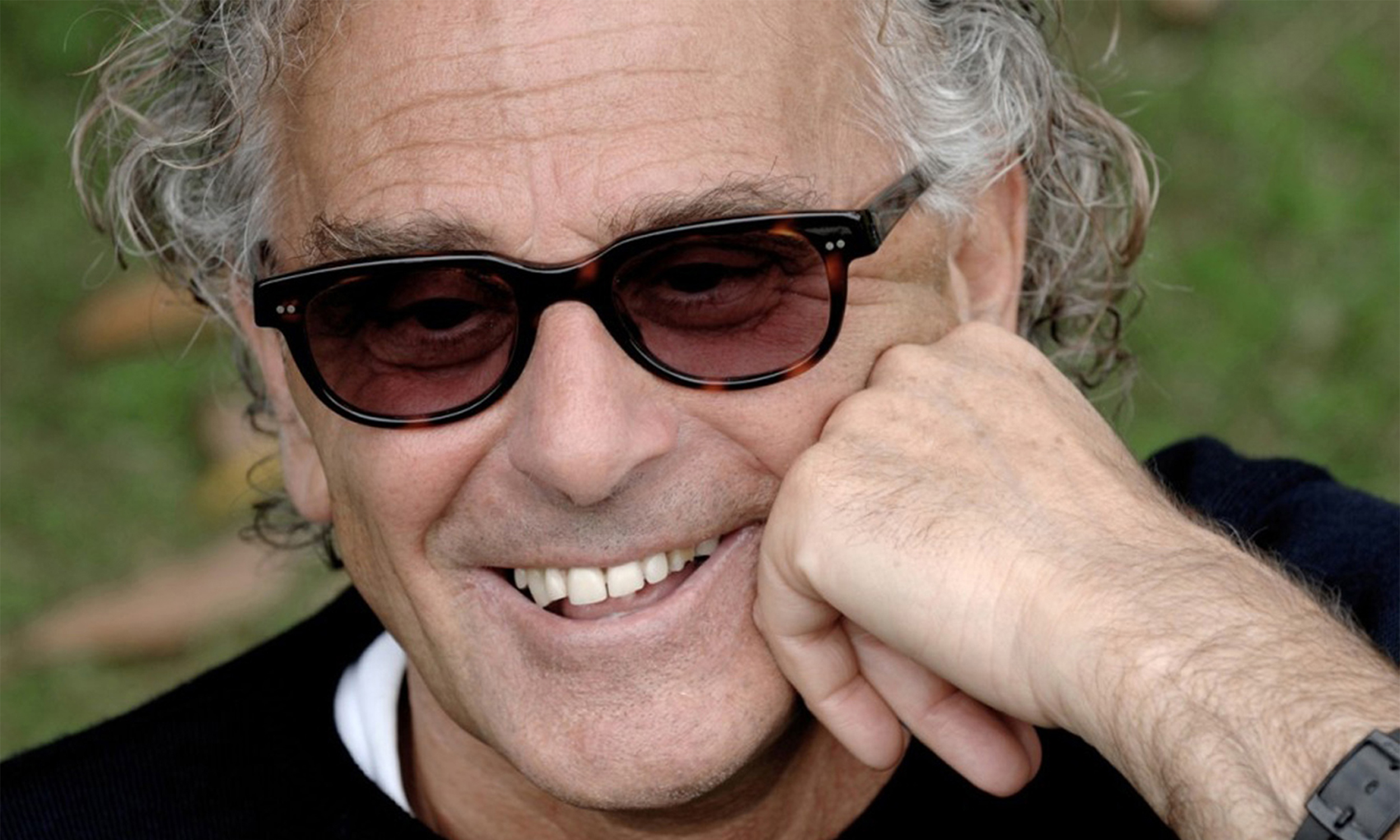
A talk with the winner of the 2021 Luca Svizzeretto Prize
Between Chandler and Carrisi…Voici la France!
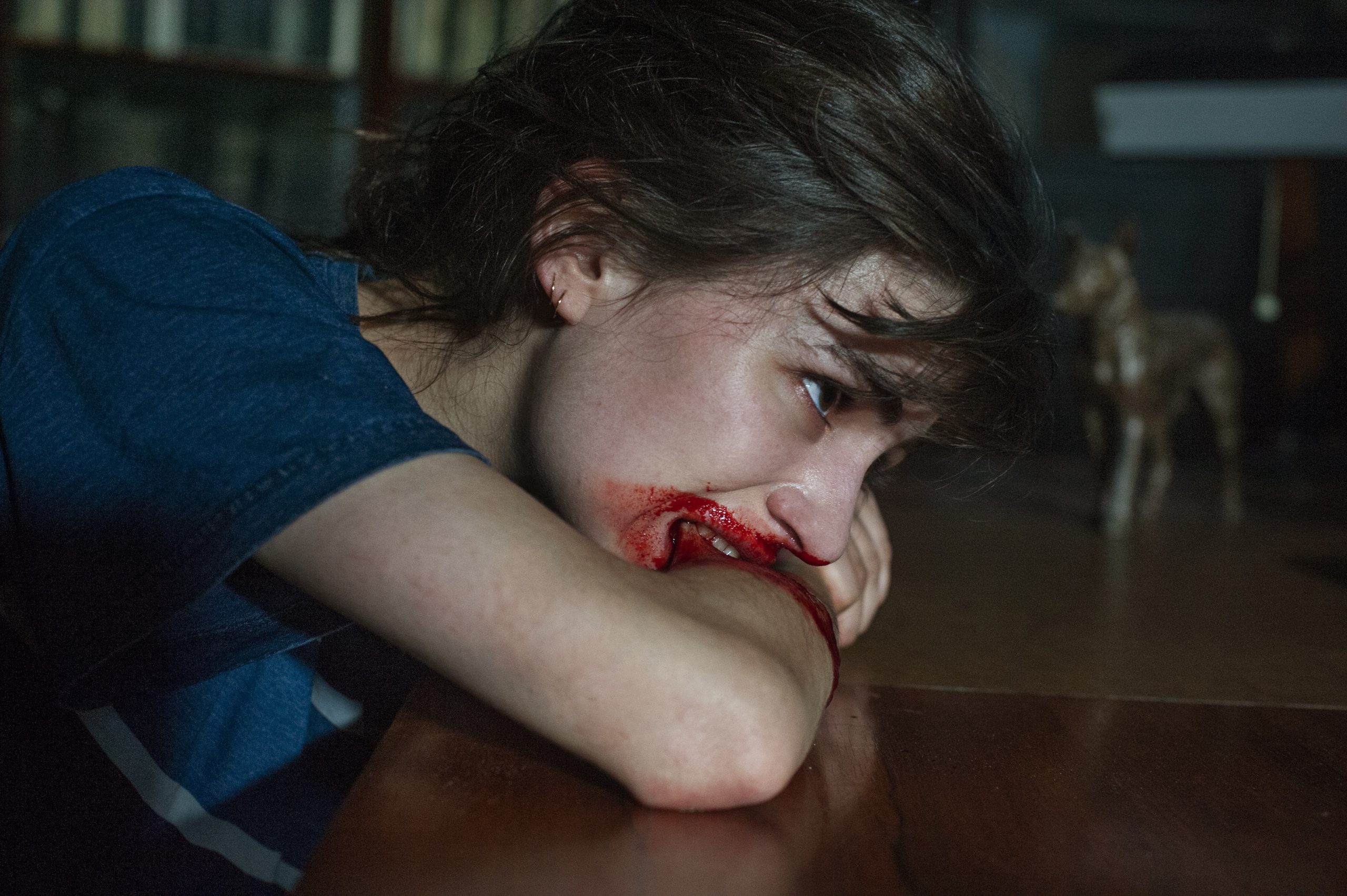 photo by Kris Dewitte
photo by Kris Dewitte
Guillaume Musso is the winner of Noir in Festival’s. He meets fest audiences and fans tomorrow. The entire program for Sunday has that distinct Gallic touch, from the conversation with authors Hervé Le Corre and Jérôme Loubry to the eagerly awaited new film by Fabrice Du Welz, Inexorable.
CALIBRO 9
by Toni D’Angelo
Italy, Belgium, 2020, 90′
CENSOR
by Prano Bailey-Bond
UK, 2021, 84′
DANS L’OMBRE DU BRASIER
Hervé Le Corre
Paris, the spring of 1871. Under siege, with the Prussians at the gates, the city has barely pulled through a freezing winter, and its inhabitants have suffered the cold, hunger, and cannon fire. The French government buckles, the price of peace is humiliation, but the Parisians reject the truce and hand the city government over to the Commune, an anarchist-socialist council run by the people themselves. The French Armed Forces promptly regroup to wrest the city of Paris from the Communards. The civil war that ensues ends with what has gone down in history as the “Bloody Week”, May 21st to 28th: despite the barricades and the fierce resistance of the Parisians, the French army fires its way into the city with its cannons and twenty times as many men and, in a matter of days, slaughters over 20,000 people associated with the Commune to different degrees. The plot of the novel unfolds against the backdrop of this tragic “bloody week”, as individual strands are interwoven: the possibly doomed love story between Caroline and Nicolas, the investigation by Antoine Roques, a former bookbinder elected to the Sûreté by the people’s assembly; the intrigues of the perverse criminal Pujols, kidnapper of young girls; and the mysterious figure of the coachman Clovis, whose facial hair conceals his features. All of this as destruction rains down from the sky, leaving Paris in ruins, along with the Utopian dream of a society of equals.
Hervé Le Corre (Bordeaux, 1955) published his first novel in 1990: La douleur des morts, the first part of a trilogy set in his native city, which was rounded out by Du sable dans la bouche (1993) and Les effarés (1996). With the trilogy behind him, Le Corre kicked off a new phase in his literary output with his novel Copyright, followed by L’Homme aux lèvres de saphir (2004), the latter selling over 50,000 copies in France and winning the prestigious Grand Prix du roman noir français du festival de Cognac and the Prix Mystère de la critique. He followed these up with Tango parano (2006) and Trois de chute (2007). Le Corre’s 2009 novel Les cœurs déchiquetés [Talking to Ghosts] earned the author the Grand prix de littérature policière. After his next novel, Derniers retranchements (2011), many more accolades were in store for Après la guerre (2014) [After the War]: the Prix du polar européen, Prix Landerneau, and the Prix Michel Lebrun. His latest novel, Traverser la nuit, came out in France this year, the story of a woman massacred by her former partner, an overworked police officer investigating the deaths of a series of women, and a killer under the sway of his impulses and his own violent mother.
DARIO ARGENTO: TWO OR THREE THINGS WE KNOW ABOUT HIM
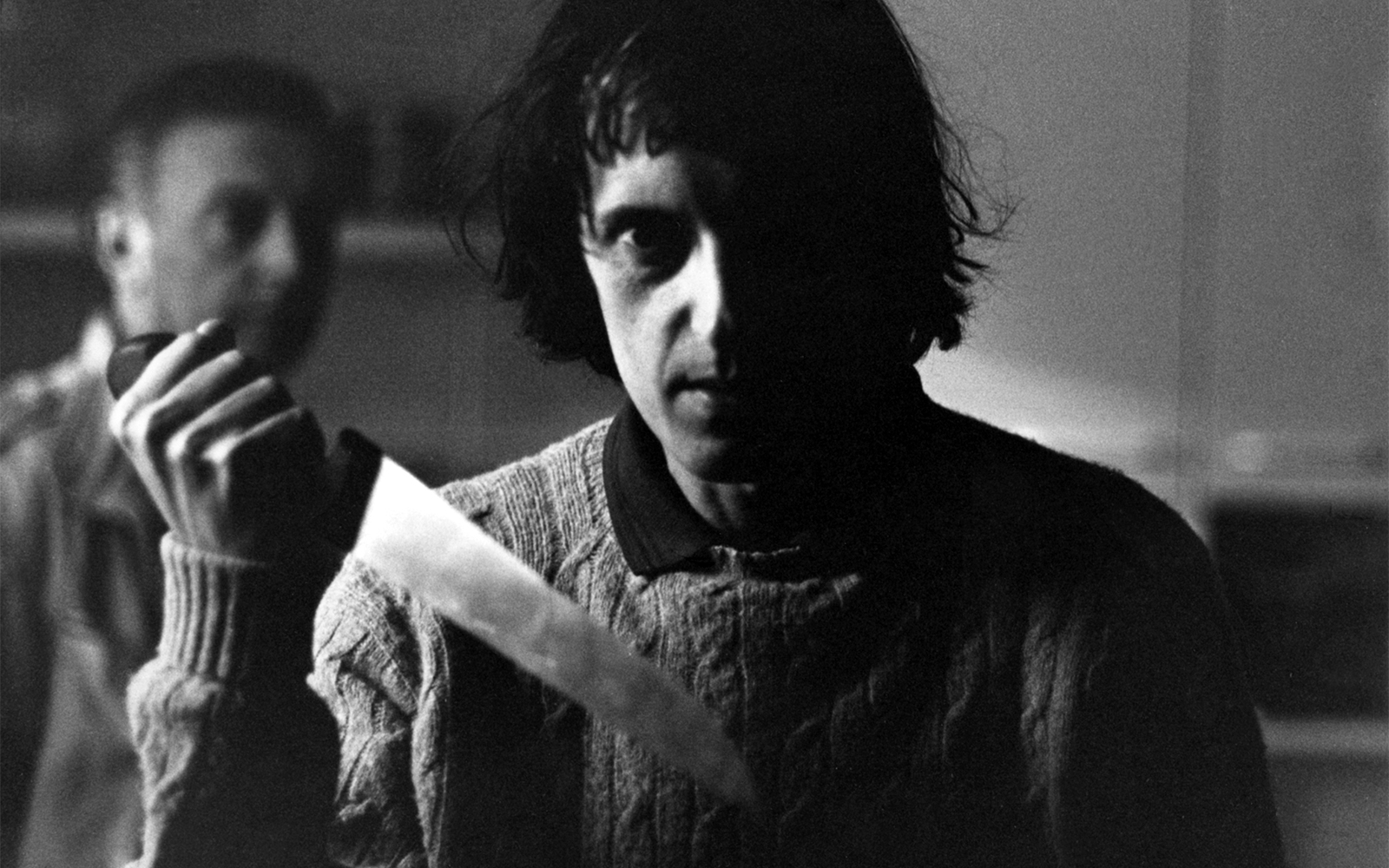
The book edited by Steve Della Casa provides an occasion to meet a master of film noir
DE USKYLDIGE – THE INNOCENTS
by Eskil Vogt
Norway, Sweden, Denmark, UK, 2021, 117′
Descent into the Deep Web
